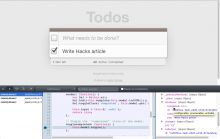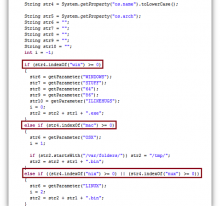How to Improve Your Application Security Practices
Organizations talk a good game when it comes to security, but many still focus the majority of their security resources on the network rather than their applications--the vector for most data breaches. Many organizations dedicate less than 10 percent of their IT security budget to application security, according to a study by research firm the Ponemon Institute, released earlier this year.












































































